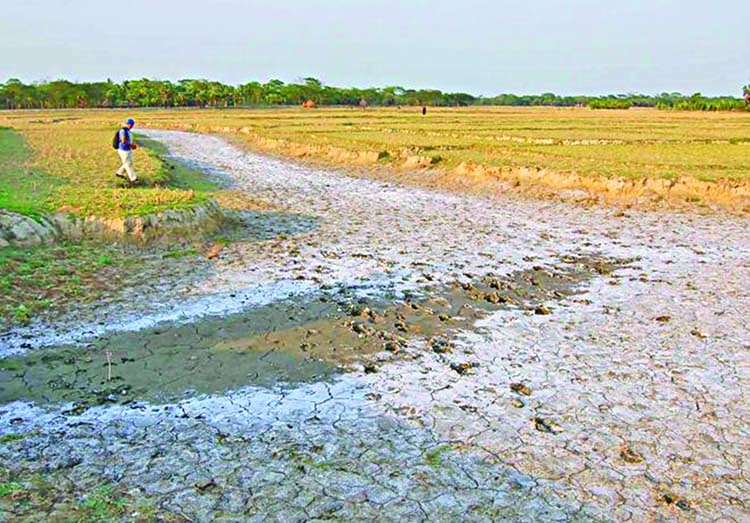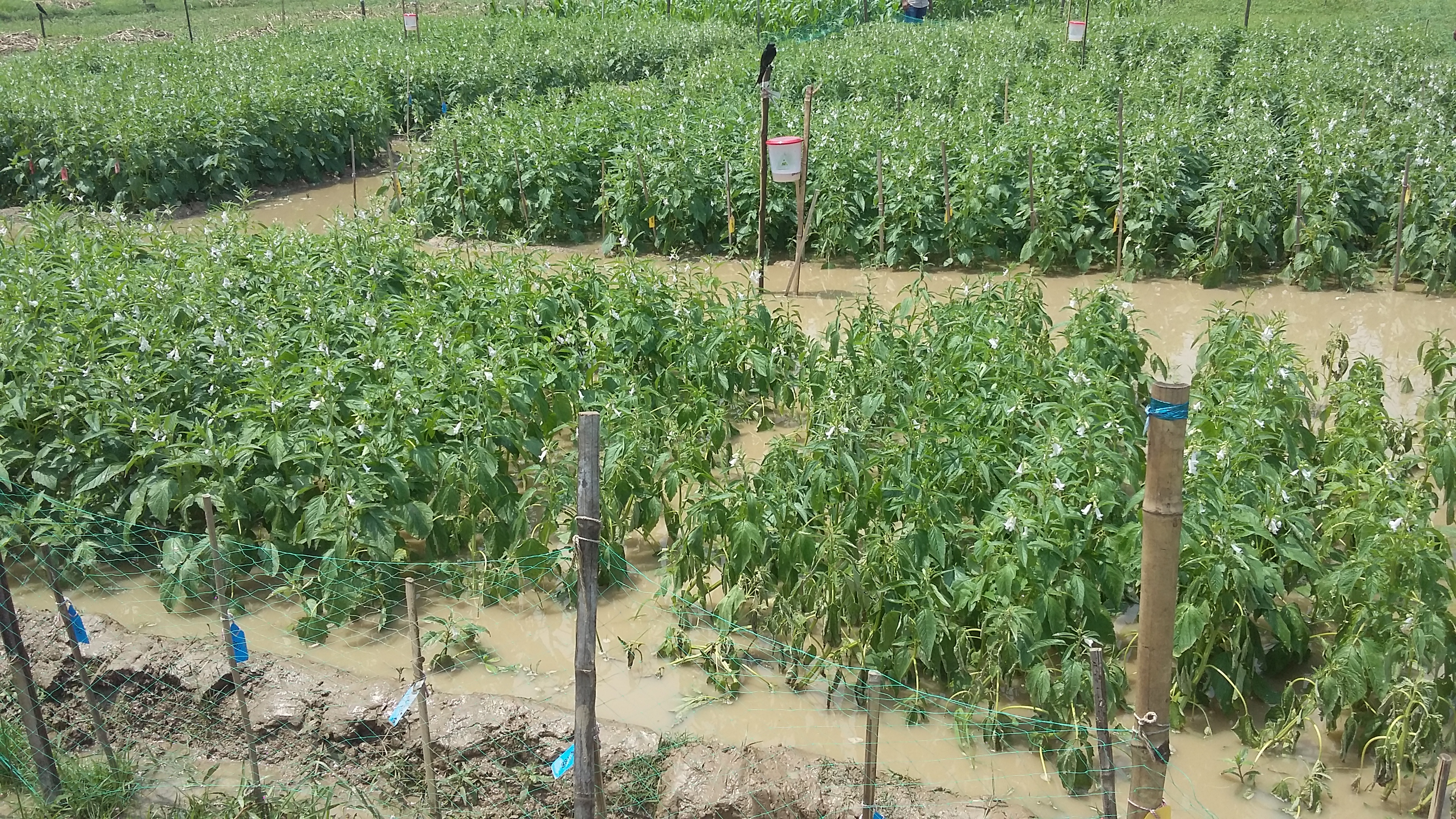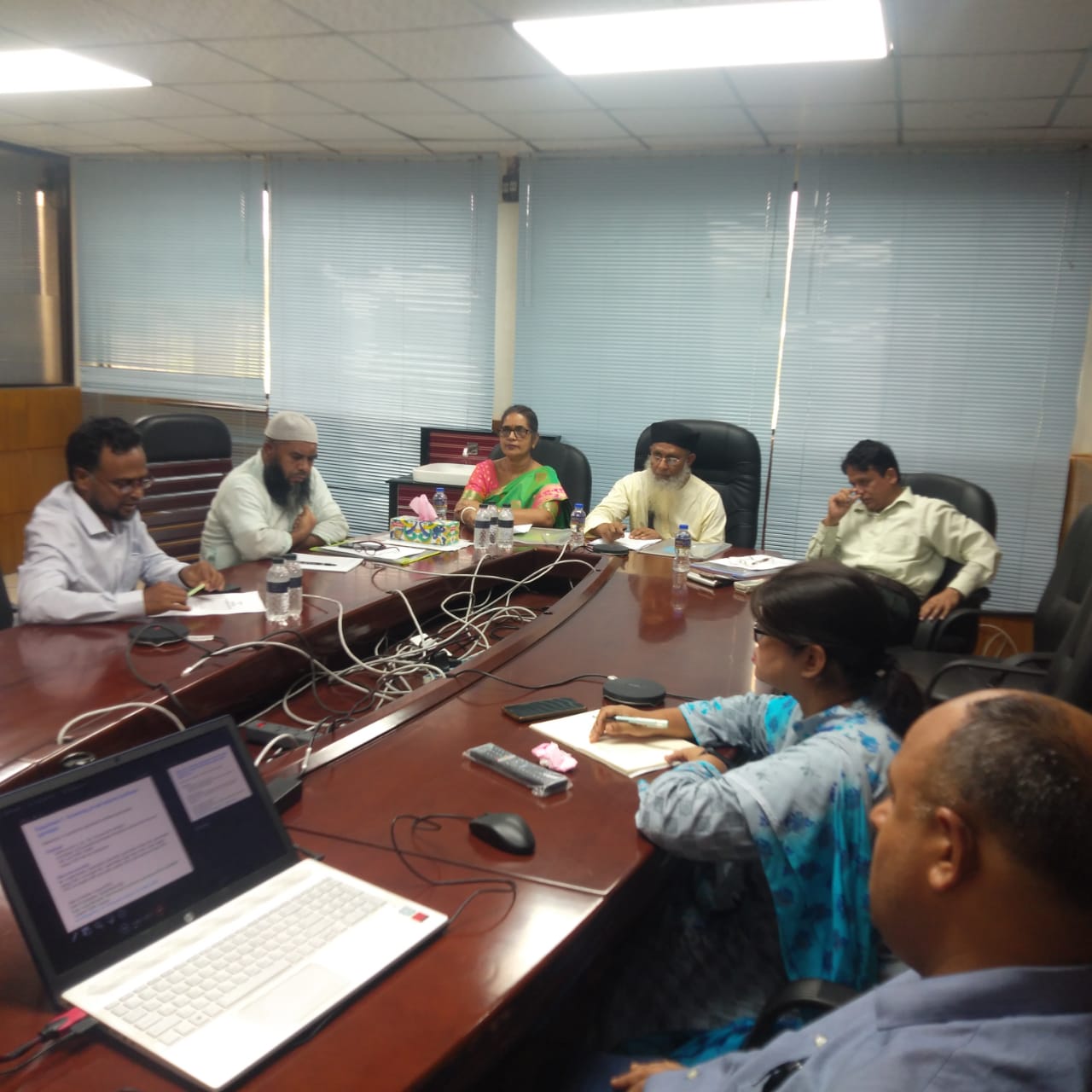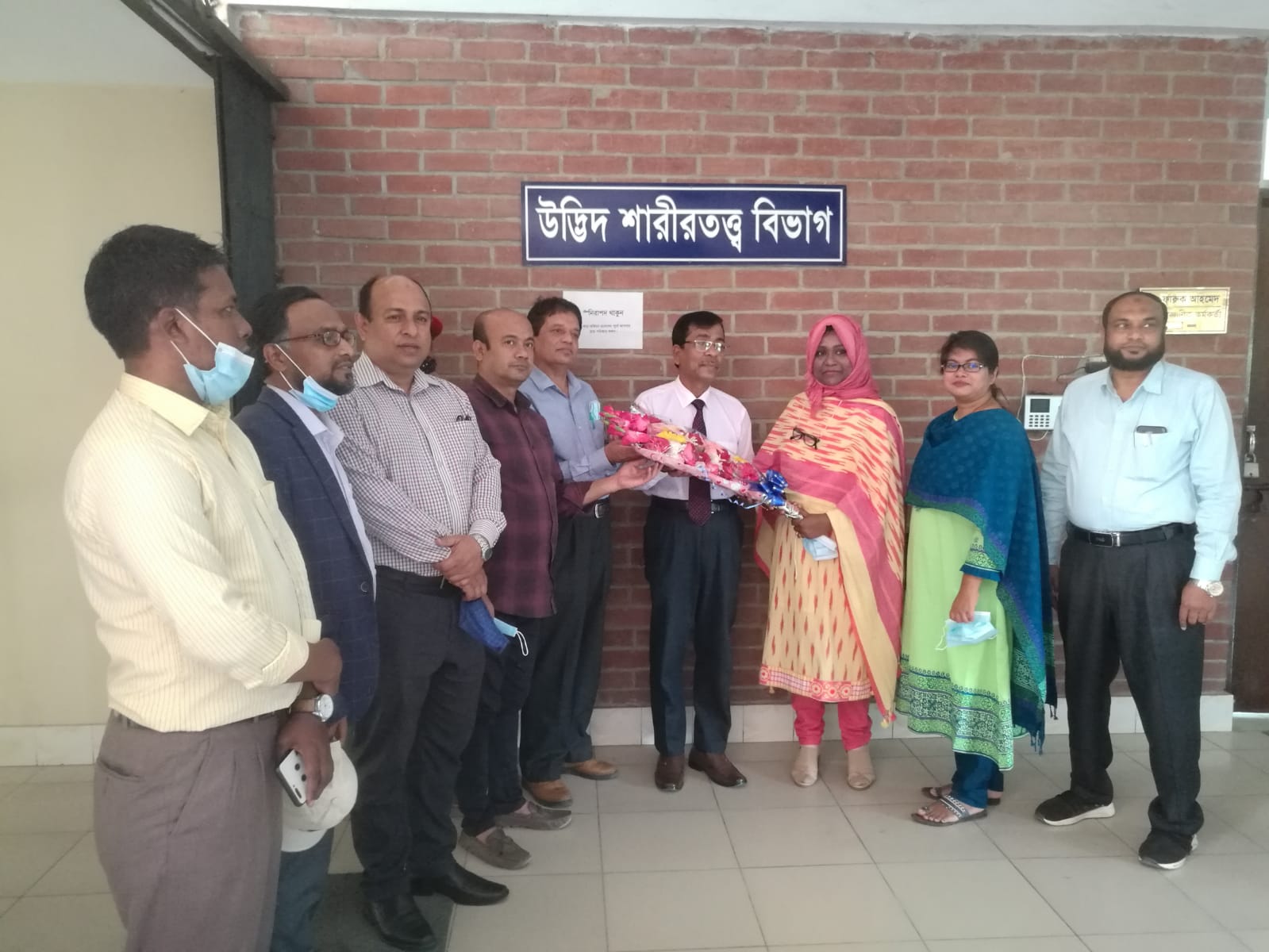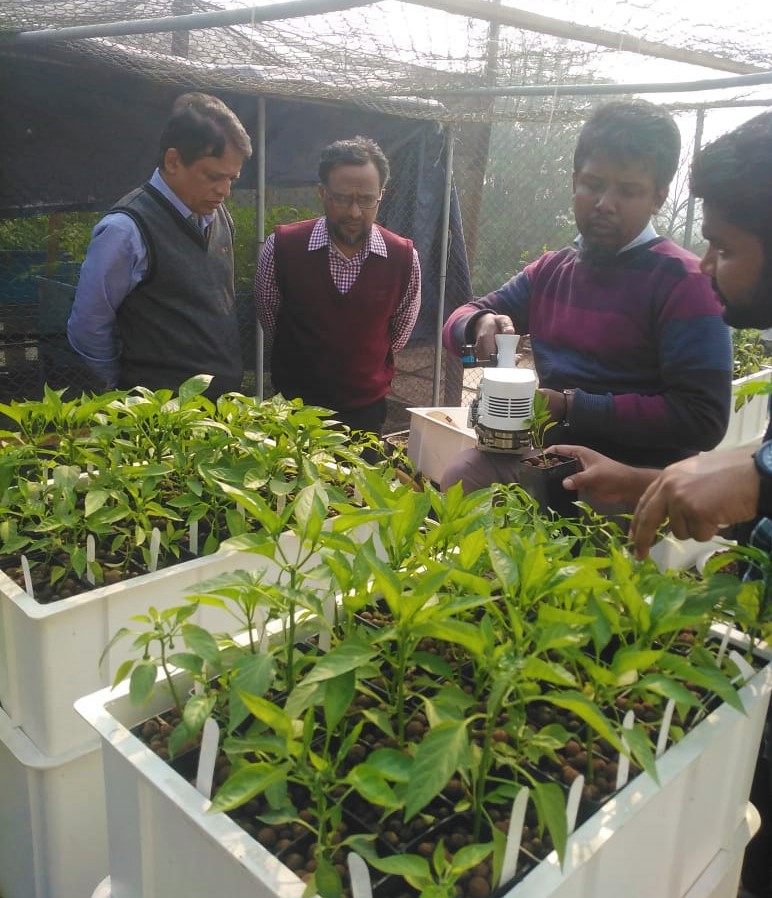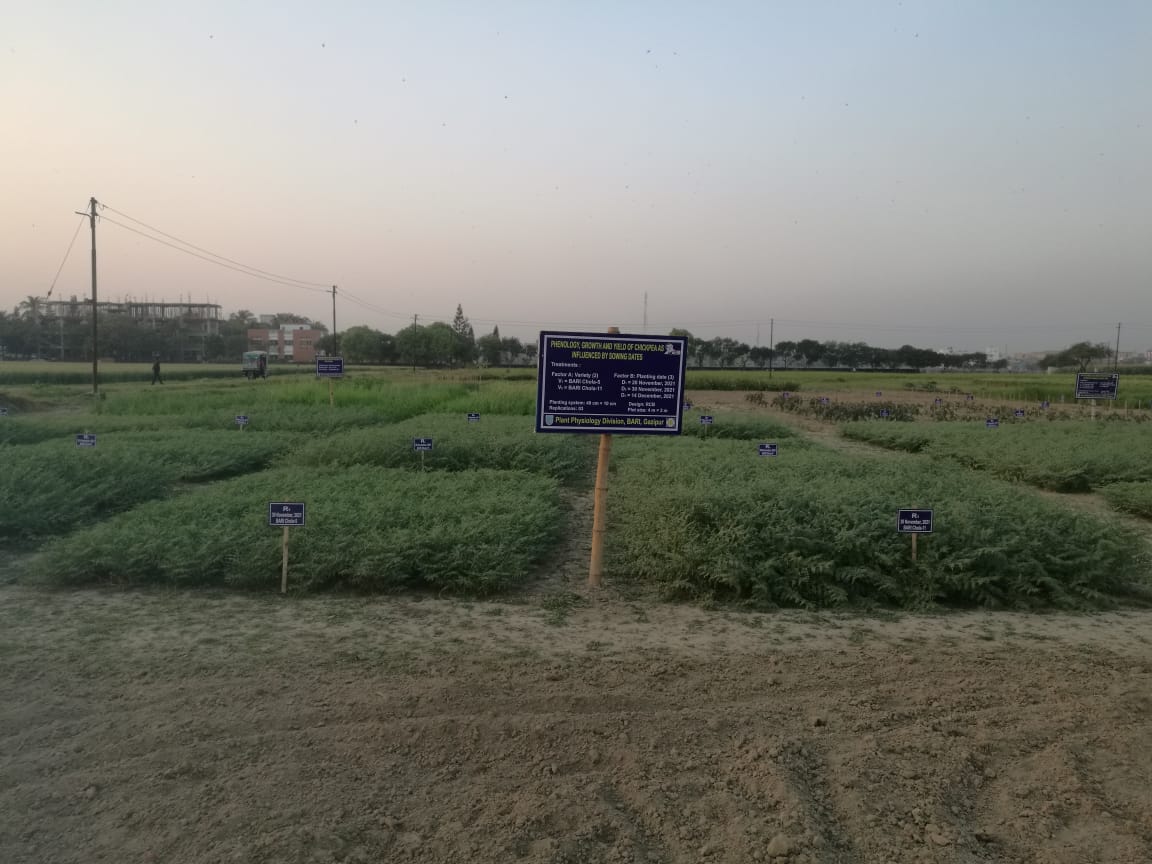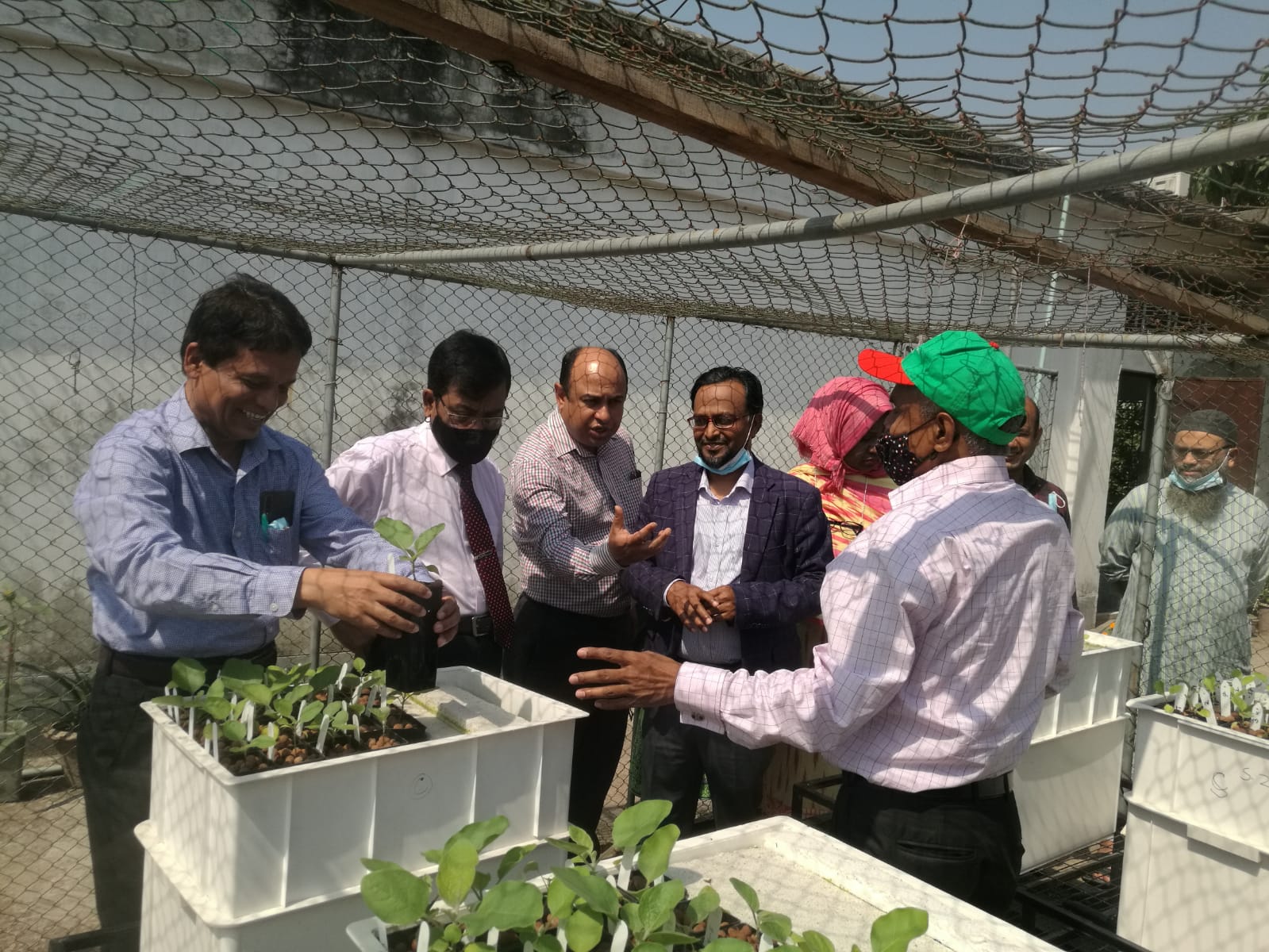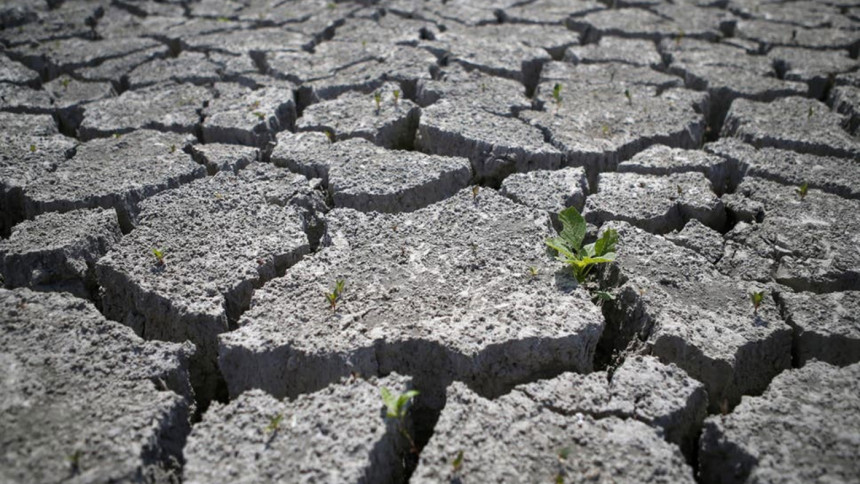Overview of Plant Physiology Division
Global climate and population changes have been growing simultaneously. Thereby, plant physiological research is extremely important for ensuring food productivity under adverse climatic conditions. Plant physiology provides a fundamental scientific foundation for understanding various aspects of metabolism, growth and development. This is crucial for crop improvement or technology advancement in changing environment.
Plant Physiology Division established on September, 2012 for enhancing plant physiological research. Prior to its establishment, physiological research was carried out under Physiology section of Agronomy Division. At that time, actually adaptive and applied research was done. Due to climate change, new problems are appeared, which increases the importance of physiological research in relation to crop improvement. Consequently, a full-fledged Plant Physiology Division was emerged and from then basic research are started in collaboration with crop research centers/ divisions.
Due to abiotic stresses (salinity, drought and waterlogging) a vast area of the country remains fallow in most of the years and it would increase in near future under climate change situation. To combat the climate change issues and bring the fallow land under cultivation abiotic stress tolerant variety development is urgently needed. Plant physiologist can identify a genotype which can withstand under stress situation and can explain its physiological mechanism of stress tolerance. Breeder can use these genotypes for variety development which can enhance crop productivity in stress prone environment. Plant physiology division doing its research activities on developmental physiology and stress physiology of different crops such as tuber (potato) oilseeds (mustard, rapeseed, groundnut, sunflower, linseed etc.), pulses (grasspea, chickpea, mungbean etc.), horticultural crops (vegetables), spices (onion, garlic etc.) and cereals (maize, wheat, barley, sorghum, etc.) from very begging of its creation. The division has identified some genotypes on different crops which are relatively tolerant against abiotic stresses i.e. salinity, drought and waterlogging etc. and some of the identified genotypes have already been released as crop variety. Besides, basic information generated through developmental physiological research activities would be helpful for agricultural scientists.

Dr. Faruque Ahmed
Chief Scientific Officer
Plant Physiology Division
BARI, Gazipur-1701


